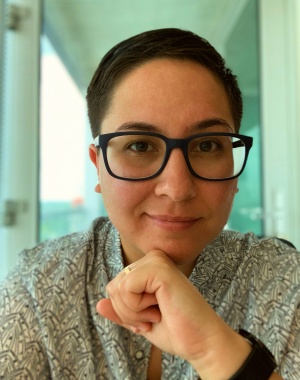Topics: Racial Foundations of Public Policy
In 1903, W.E.B. Du Bois proclaimed that “the problem of the Twentieth Century is the problem of the color-line.” Despite social movements and policy initiatives put forth to combat racial disparities and inequities, systemic racism persists in the contemporary moment, reminiscent of the struggles Du Bois wrote about a century earlier. Through the lens of racial justice and with a focus on anti-Black racism in the U.S. context, Racial Foundations of Public Policy will equip students to better understand the critical role of public policy in shaping our historical and contemporary social world.
This course examines the power of public policy in both bolstering and undercutting life chances and opportunities, and draws on historical and sociological analyses as critically important tools for us to measure, reflect, examine, and help us define the way forward. The course is designed around three modules: (1) foundations, (2) cross-cutting issues, and (3) justice. The first module introduces students to key historical facts and foundational concepts that will help guide our exploration of race and racism in the U.S. context. In the second module, students will engage multidisciplinary texts and perspectives that address deep challenges around racial inequity across four cross-cutting issues: reproduction; housing; education; and carcerality & punishment. The final module explores multiple pathways to justice that include policy, activism, and the interplay of the two. Throughout the course, we will take an intersectional approach to expand our knowledge and highlight strategies and tools that address the complex intersections between racism, misogyny, heterosexism, classism, ableism, and other forms of oppression.

